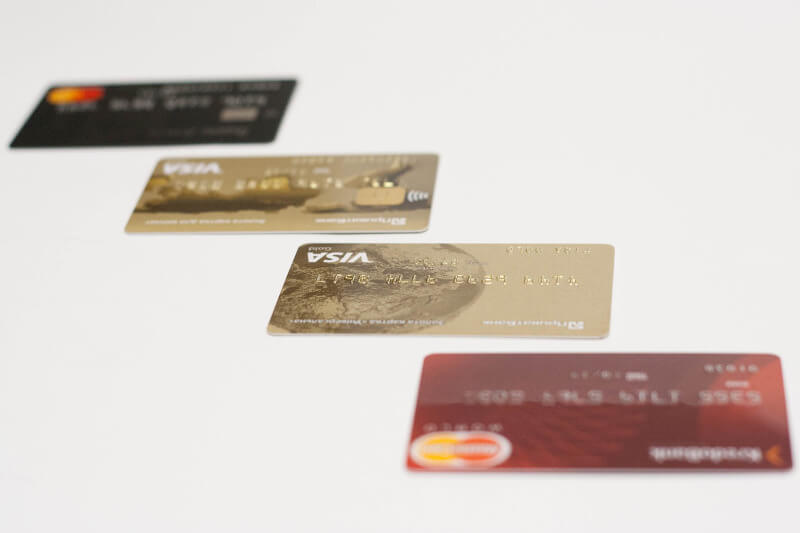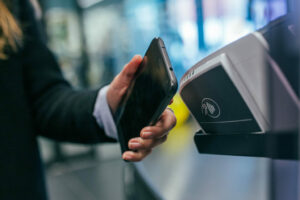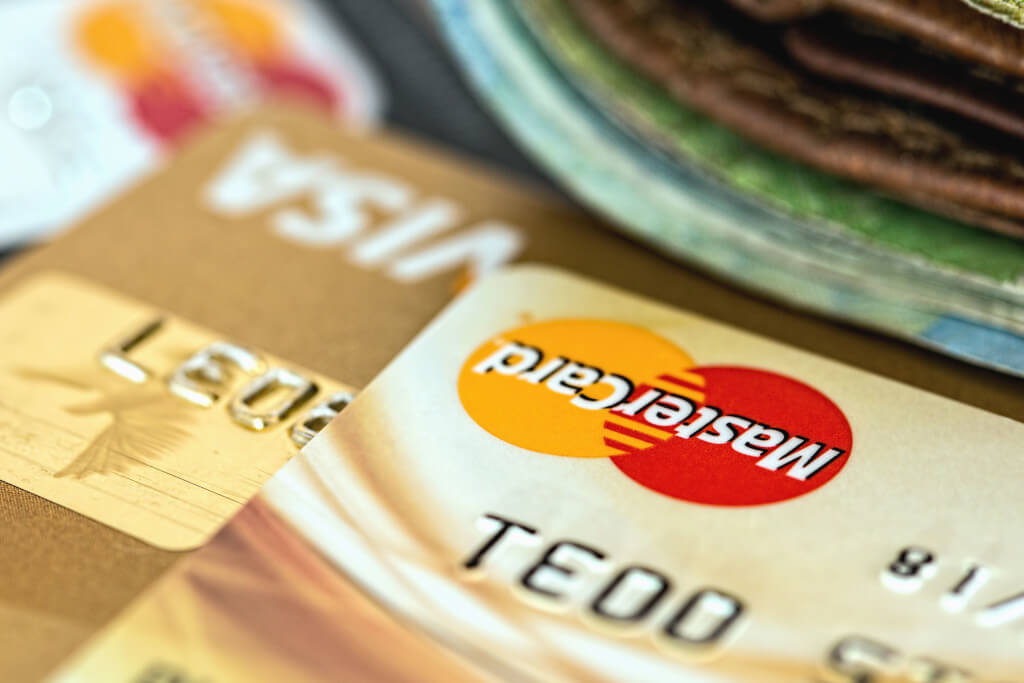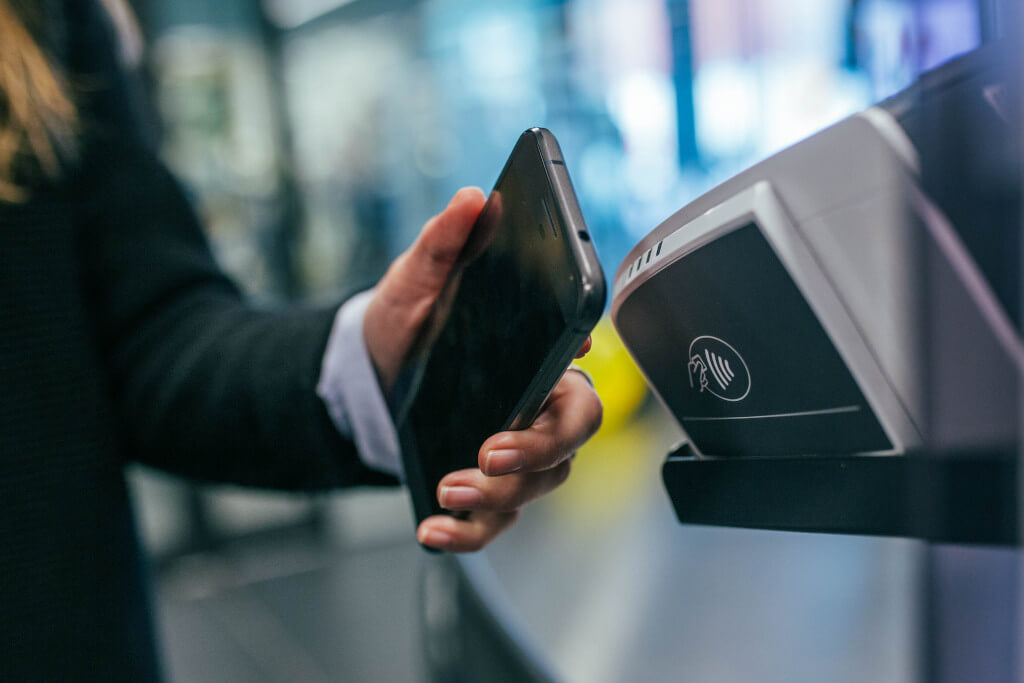We provide a comparison of the various entry-level bank accounts that are available in South Africa. This comparison looks at the service charges that are associated with withdrawals, deposits, and maintaining the account on a monthly basis. There is a large amount of variety in both the appearance and the capabilities of South Africa’s standard checking accounts, and many banks offer more than one type of standard account.
These accounts are designed for a low volume of transactions, and there are caps placed on the total amount of cash that can be handled in a given month. It ought to be mentioned that numerous of these accounts provide rebates and interest on favorable cash balances, that can counterbalance a significant portion of the month-to-month transaction fees. This is something that should be taken into consideration. Due to the fact that Discovery Bank doesn’t offer a transaction-oriented account suitable for beginners, the bank has been dismissed from this comparison.
Charges Incurred Every Month
The month-to-month account management fees for standard account holders have evolved into a focal point of competitors in the market segment, and banks are cutting cents off of the monthly costs in order to outbid their rivals. The monthly managing charge has rapidly become outdated due to the fundamental nature of the majority of standard accounts; as a result, newcomers are no longer responsible for paying this cost at all. Six of the standard accounts that we researched did not have a monthly administration fee attached to them. The lender that was an early leader in the low-fee account market, Capitec, has now emerged as the most expensive of the financial institutions that continue to charge customers a monthly fee. The refunds that are included in the account may be used to cover the cost of this fee.
Withdrawal Fees
Despite the fact that electronic banking and card transactions are progressively becoming the standard in South Africa, the majority of the population, particularly individuals in the beginner banking industry, still prefers to conduct their financial transactions with cash. Even for individuals with middle-class and upper-class incomes, it is frequently essential to have cash on hand. Because of this, withdrawal fees, which refer to the way in which banks organize the cost of taking physical money out of your account, have frequently been a source of contention.
Conventional banks have traditionally depended on convoluted pricing schemes to skim as much money as possible off the top of each transaction. However, in recent years, these banks have begun to adopt fee structures that are simpler and more consistently priced. Consumers of banks that have their own labeled ATMs (or retail store collaborations, like TimeBank’s) are rewarded with cheaper rates if they remain loyal to their respective banking systems. If you withdraw money from an establishment that is not one of our partners or that is a competitor, you will be charged a higher fee.
Deposit Fees
The process of making deposits is not nearly as simple as it used to be. Consumers of financial institutions now have access, in addition to the more conventional methods of investing cash into accounts, such as depositing cash at an automated teller machine or in-branch, to the ability to put funds into accounts through retail outlets and other electronic mediums.
Because of this, retailers have begun forming partnerships with new competitors in the marketplace. Bank accounts such as Bank Zero don’t offer any alternatives for making cash deposits, therefore the only way to get funds into the account is through electronic funds transfers (EFTs) or by transferring cash to another person. Pick n Pay and Boxer shop till points function as ATMs for TymeBank.
Nevertheless, traditional banks continue to rely primarily on deposits made at their ATMs and branches, despite the fact that retail organisations such as Pick n Pay and Checkers have begun providing till-point deposits as part of their service offerings. Some restricted accounts, such as the ones offered by FNB Easy Zero, offer complimentary deposits up to a specific threshold (R1,600 and R3,900, and between), after which point fees become applicable (R1.30 and R4.99 per R100, and between).
Your Guide to the Banking in South Africa

Options, options, and more options. Every year, the banking sector in South Africa sees further expansion and expansion. South African citizens have access to a wide variety of banking options, thanks to the country’s combination of large and smaller financial institutions. Banking for individuals and businesses alike has advanced over the course of time, with banking via smart phone and internet banking contributing further to the growing trend toward convenience and innovation.
Absa, First National Bank, Standard Bank, and Nedbank are the most important banks in South Africa. In spite of the fact that these competitors have historically cornered the majority of the market, Capitec has risen to prominence as a challenger in the past few years.
Banking Fundamentals
Every financial institution asserts that they are the best, and they all provide a plethora of enticing deals and specials. It is not always simple to determine which kind of account to choose, let alone which bank to choose, especially when there are a variety of factors to take into consideration, such as fees and terms and conditions.
It is possible to spend a significant amount of time and effort comparing service fees, interest rates, and other aspects of the fine print. If the bank is able to provide you with the services that you truly require, then choosing a bank that charges high fees might not always be the worst possible option. In a related vein, it is possible that a bank that charges few or no fees is not necessarily the most reputable bank in terms of customer service.
The Costs and Interest Rates of Banking
Always keep in mind that banks are businesses. They provide a service, but it comes at a price. Banks are able to turn a profit by charging their customers various fees and charges related to their accounts. The fees that each bank charges can vary widely.
Banking Technology
It is also a good idea to think about the different features that are available to choose from. When searching for a bank in South Africa, you will have a difficult time finding one that does not offer either mobile banking or online banking as an option.
Look for financial institutions that have perfected their online and mobile platforms if you want to be able to complete the majority of your transactions from your mobile device (we don’t have time to wait in lines) or if you despise going into the bank.
Access to Financial Institutions
You should also take into consideration the locations of any bank branches or automated teller machines that are located in your neighborhood. What are your plans in the event that you are required to enter the branch at some point? Will you have to travel a significant distance, or can you locate a branch with relative ease at the shopping center in your area? What about automated teller machines? Are they easily accessible in the shopping centers, main roads, and other areas of your city? Put on your thinking hat and check to see if the bank that offers the services you require is located in your neighborhood.
Your Personal Bank Account
When you have a better idea of which financial institution meets your needs, the next step is to consider the kind of bank account you want to open. There is a wide variety of personal and business accounts available to choose from, and each account comes with its own set of perks and capabilities.
An Account for a Company
There are a lot of different kinds of accounts that fall under the umbrella term of “business accounts.” The kind of business account you go with for your company will be determined by the organizational structure of your company. In addition, the requirements for paperwork will vary depending on the type of business being conducted. Talking to a few different banks and obtaining detailed lists of their requirements is the most effective way to figure out what you will require (as well as what type of account would be most suitable for your requirements).
Individualized Records
Because they are designed for individuals rather than businesses, personal checking and savings accounts provide a level of convenience that is far superior to that of corporate accounts. Even if you think you know what kind of account you want to open, the process can still be difficult to understand.
Generally speaking, each bank has its own list of accounts that can be used for personal purposes, and these accounts typically come with a variety of perks and fees. Some of them include a regular debit account, while others might include current account plans, like the one that the FNB offers for their gold cheque account, for example.
It is recommended that you give some thought to how you will typically use your account in order to get an idea of the kind of account that would be the best fit for your needs. You have the option of going into the bank of your choice and speaking face-to-face with a consultant, or you could do some online research to compare different plans.

According to Mark Sturrock, chief of cyber defense at Capitec, felons are cognizant that individuals…

Small companies are given the opportunity to participate in digital commerce thanks to Mastercard’s cutting-edge…

The 2022 South African Banking Sentiment Index has been published by DataEQ, uncovering the feelings…

The banking system in South Africa is highly developed, and the country also has excellent…





